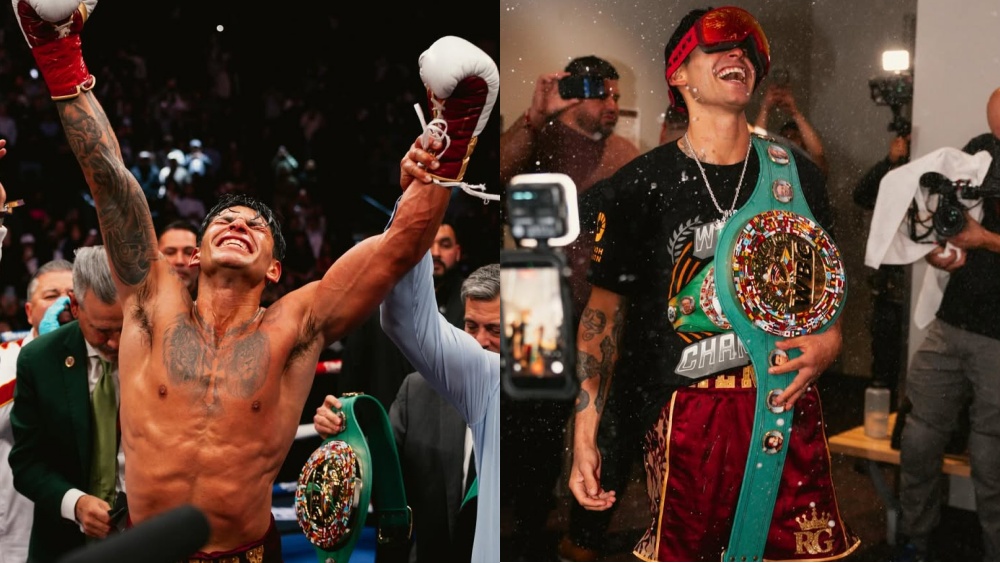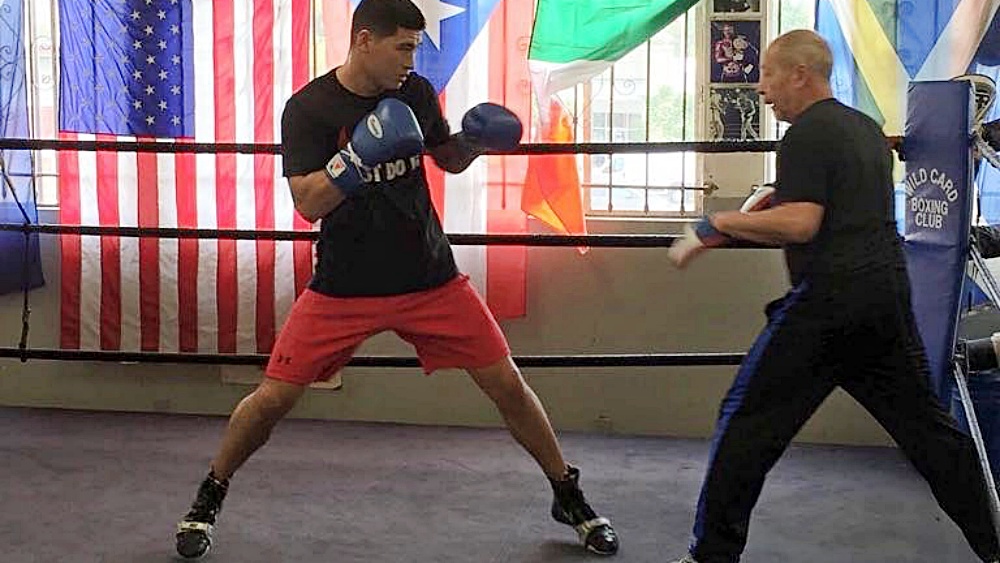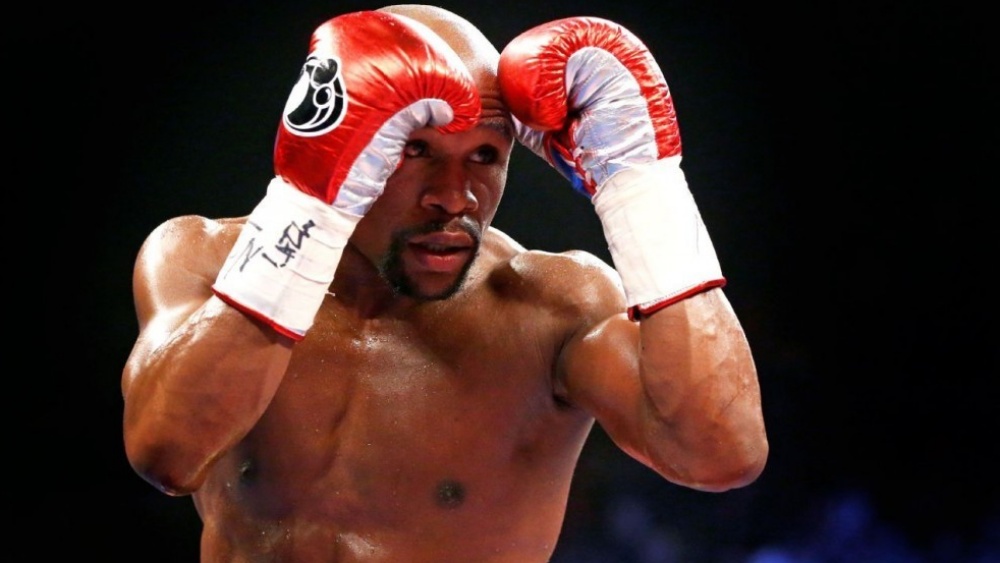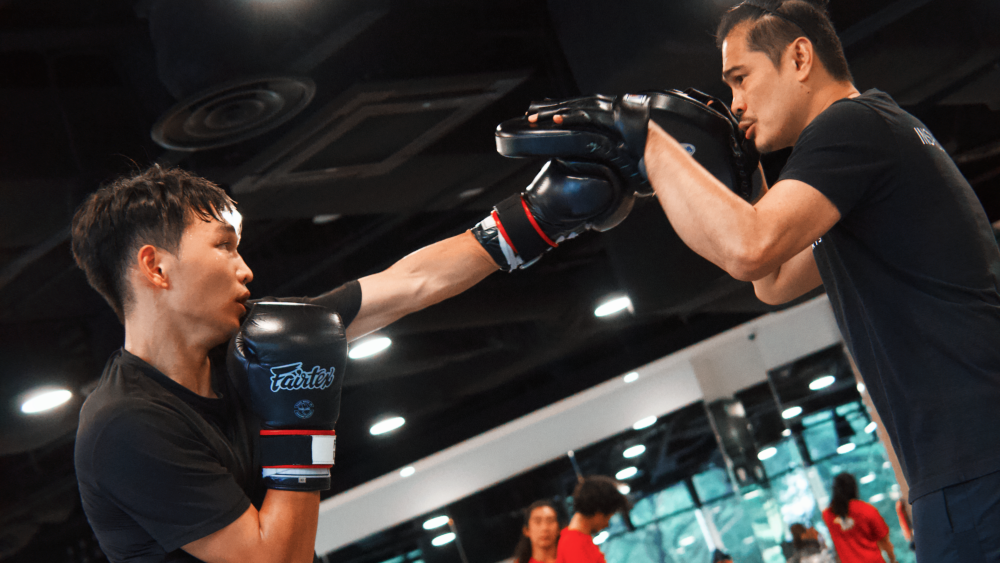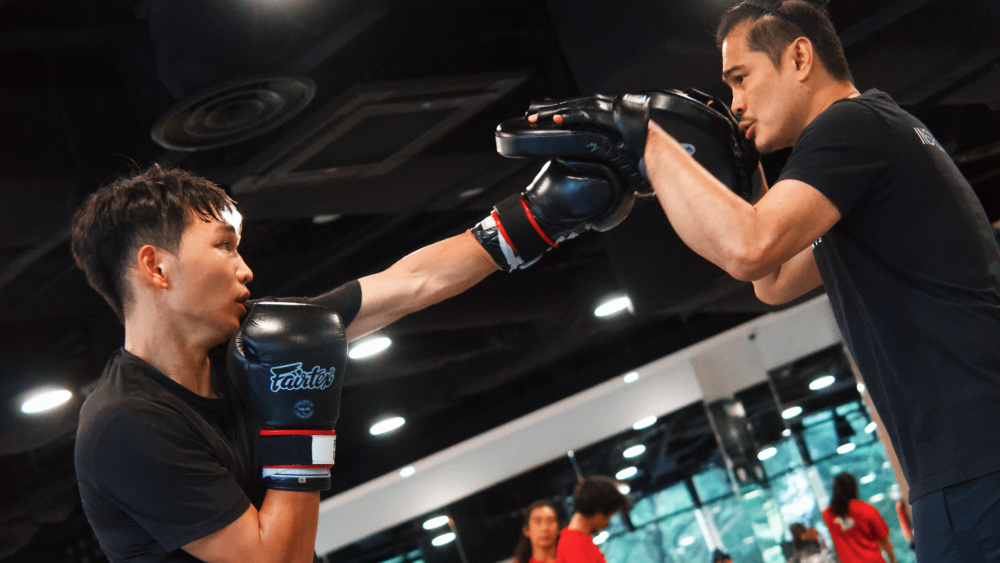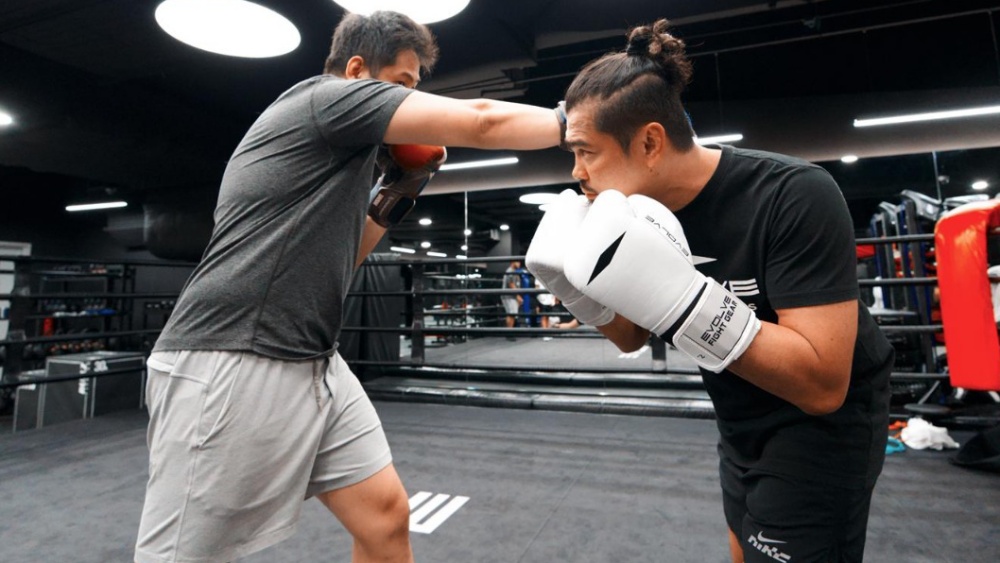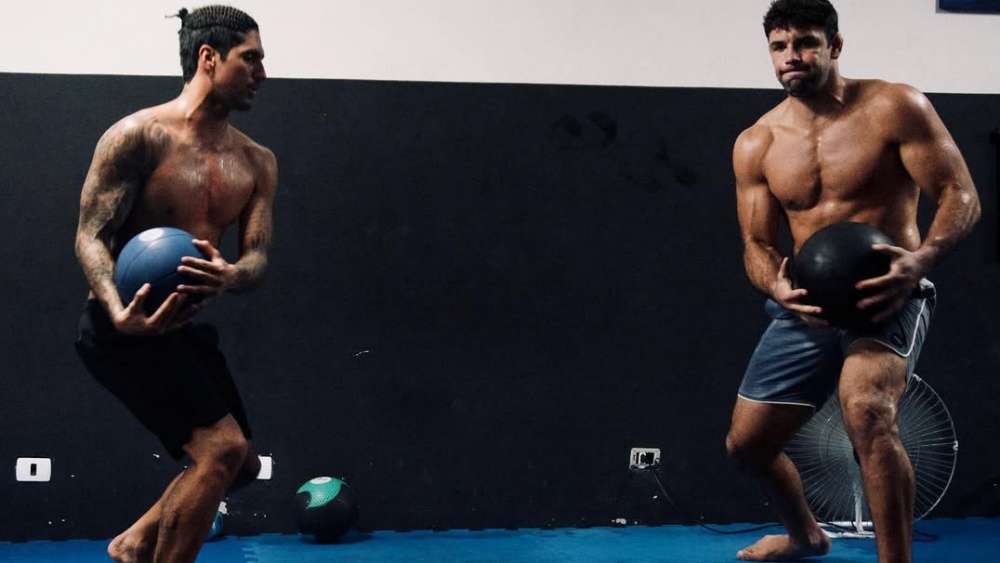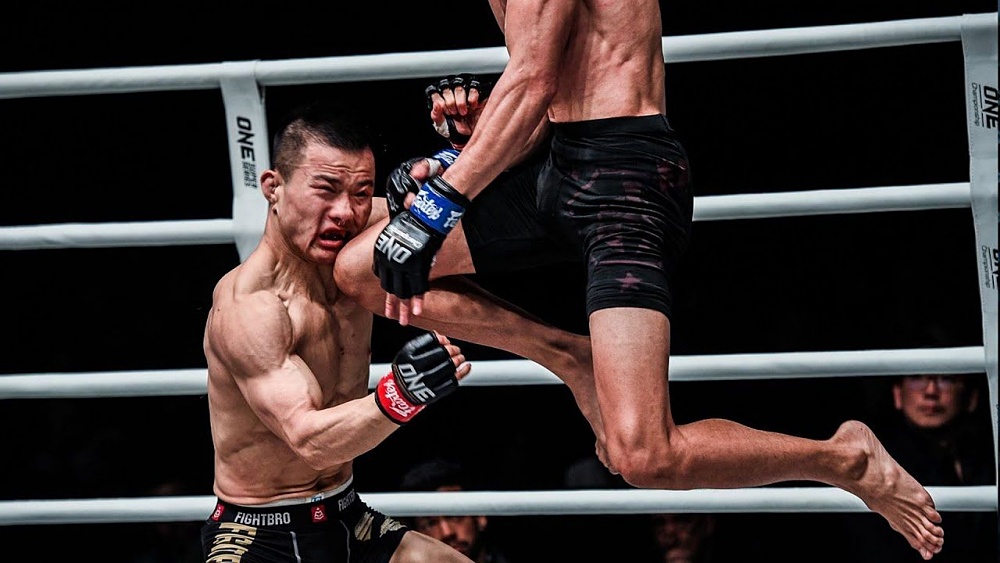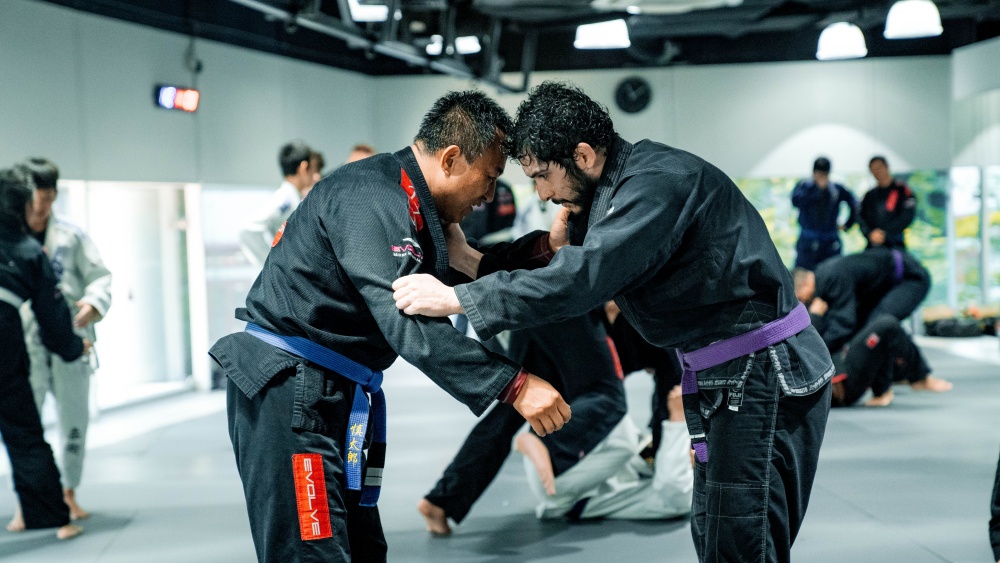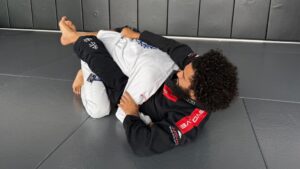Breakfast is the most important meal of the day, especially if you’re a combat sports athlete like a boxer, Muay Thai fighter, or mixed martial artist. Your body is a machine, and the things you consume provide the fuel it needs to run. Fuel up properly, and your body will run optimally. Fail to do so, and you might struggle during your training sessions as you run out of fuel.
Benefits Of Breakfast
We all fast when we go to sleep, so our bodies don’t get any nourishment for eight-hour windows or more each day. Breakfast breaks your fast in the morning after a long period of not eating, jumpstarting your metabolism and giving you the fuel you need to start your day.
However, you’re more likely to skip breakfast than any other meal due to various reasons like:
- Not having enough time due to training commitments or work
- Training early in the morning
- A false belief that not eating breakfast helps to lose weight
- Not being able to stomach breakfast
- Not knowing how to make simple breakfast meals
Despite the many reasons you might often skip breakfast, the benefits you get from it outweighs any inconveniences it might cause. Depending on when you stopped eating the night before, you might not have had anything to eat for close to 12 hours. Breakfast is necessary to provide your body with healthy nutrients and glucose, which provide an energy source for your training sessions or any other activities you have planned.
Some of the main reasons you should make breakfast a priority include:
- It breaks your overnight fast.
- It increases your odds of consuming more vitamins and other micronutrients during the day.
- It provides a protein source that protects against the loss of muscle mass.
- It refills your glycogen stores in the liver, which depletes overnight.
- It reduces your likelihood of overeating later in the day and exceeding calorie targets.
Breakfast For Warriors
Now that we’ve gone over the benefits of making breakfast a regular part of your daily routine, let’s go over what your breakfast meals should consist of as an athlete:
Training Days
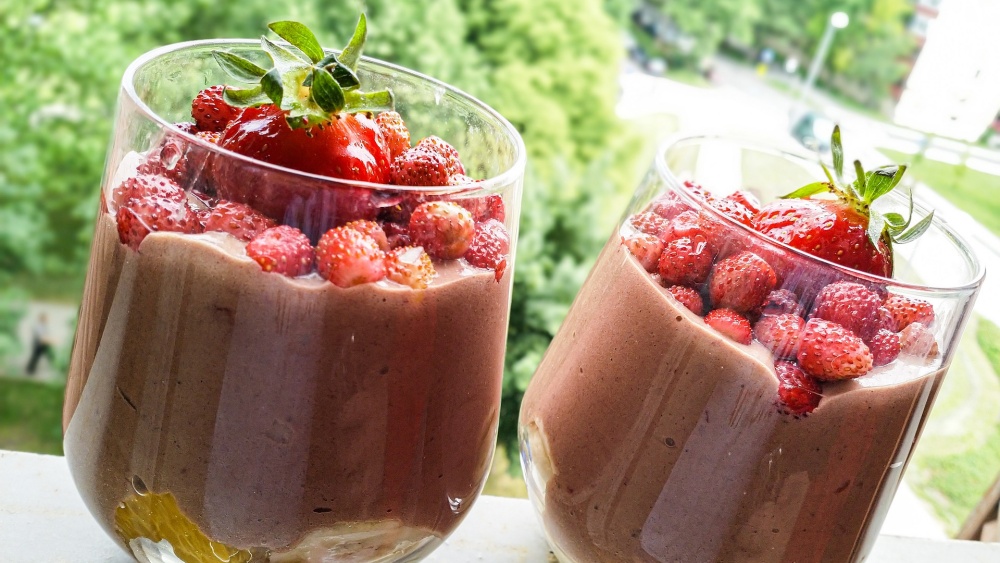
Breakfast on the days you train should consist of a decent portion of carbohydrates like bread or oats to top up your glycogen stores. Glycogen is your body’s primary fuel source to power your physical actions. You’ll need to refill your glycogen stores before your training sessions to get the most out of your workouts.
Fructose is a simple sugar found in many fruits and helps promote the synthesis of liver glycogen. Glucose is another type of sugar primarily used to assist the production of glycogen in your muscles.
Your breakfast should consist of portions of fruits like oranges or bananas, so your body has the simple sugars it needs to produce glycogen.
Your training day breakfast should also contain about 20 to 30 grams of protein. Beans, yogurt, milk, whey protein, and eggs are excellent protein sources. Adding protein to your breakfast slows down quickly your body processes the meal, making you feel fuller for longer periods. Getting protein into your system before your workouts also helps to prevent muscle breakdown during strenuous activities like training for a combat sport.
Examples of training day breakfast meals include:
- A banana and whey protein shake
- Oats, toast, and eggs
- Breakfast cereal and sausages
- Egg sandwich and a bowl of fruit salad
Eating breakfast on your rest days is just as important as eating breakfast on the days you train. Some would even argue that eating breakfast on your recovery days is more important since that’s when your body does most of its repairs. Your body can’t grow stronger if it doesn’t have the building blocks it needs to repair and build muscle tissues.
You don’t need to consume as many carbs on recovery days since you won’t be engaged in strenuous physical activity. You burn fewer calories on rest days, so you must watch your carbohydrate consumption closely.
Rest days are an opportunity for fighters to target lower calorie amounts to help with their body composition goals.
Breakfast on rest days should focus primarily on high-quality proteins that promote muscle repair and growth. Add some healthy fats to your meals as well to help with post-workout soreness and improve your cognitive function. Add some fruits and vegetables to the meals to provide your body with much-needed micronutrients.
Examples of breakfast meals on rest days include:
- Eggs and avocado toast
- Greek yogurt, berries, and almonds
- Turkey bacon, mushrooms, and orange juice
Eating Before Training Sessions
In some scenarios, delaying – not skipping – having breakfast might be the best approach. For example, if you plan on doing some low-intensity steady-state cardio first thing in the morning.
The aim of steady-state cardio sessions is to use your fat stores to produce energy and gain muscular adaptations. These exercises also help to reduce your body’s reliance on carbohydrates as a fuel source. It makes your body use different energy sources more efficiently during training sessions. In such situations, consuming a carbohydrate-rich breakfast would be counterproductive since it provides your body with an alternative fuel source while you’re trying to get it to use up fat stores in your body.
It should be noted fighters who have a negative energy balance are more prone to losing muscle mass. Consuming some protein before these sessions can help to protect against such losses. Easy-to-digest protein sources like whey protein are excellent for this. It doesn’t take you much time to make a shake and slam it before going on a run.
However, fighters planning high-intensity training sessions early in the morning should consume about 30 to 50 grams of easy-to-digest carbs. This gives your body a quick energy source and helps delay fatigue during training sessions.
Examples of light breakfast options that can help you power through intense training sessions include:
- Some pineapple chunks and carb gel
- A sports drink and some dried fruit
- A large banana and some apple juice
You may also like:
Burn Calories By Pairing Your Workouts With These 18 Weight-Loss Foods!

